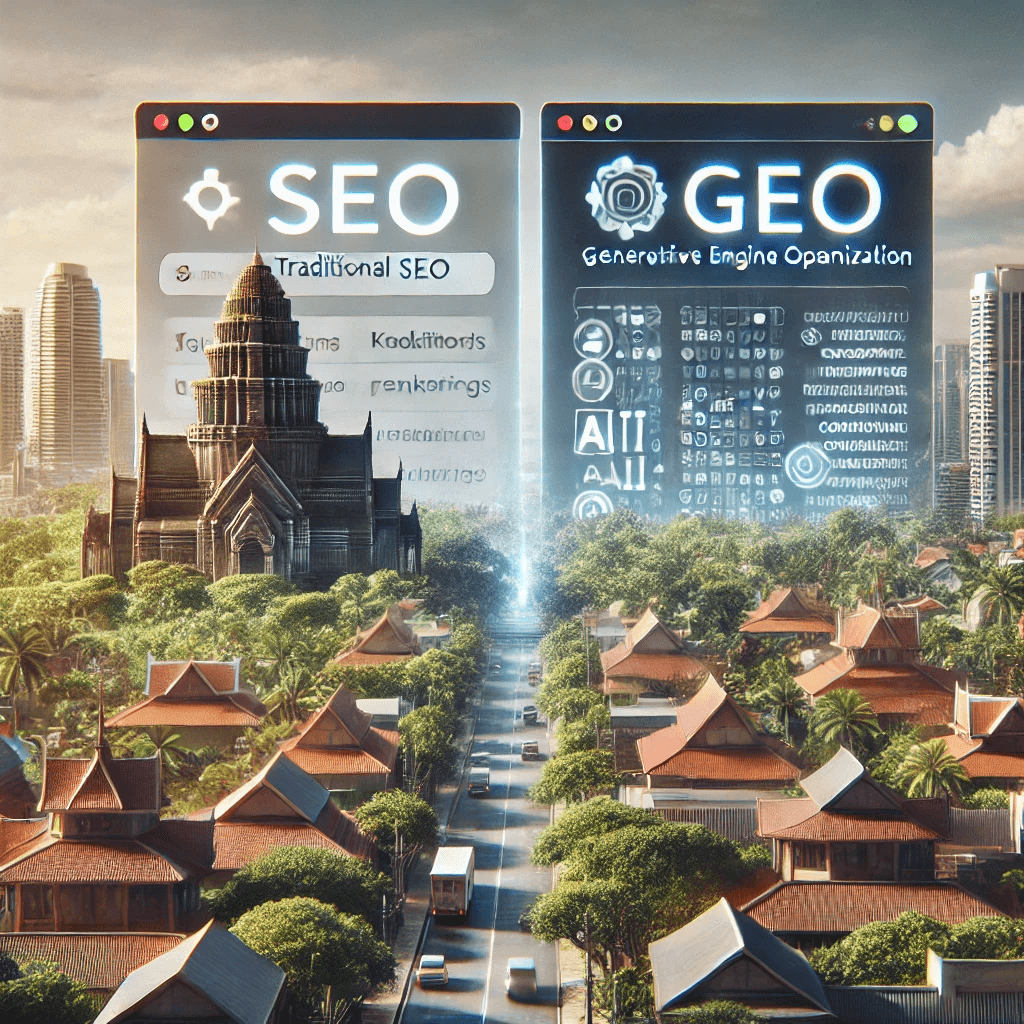SEO In The Age Of AI - Part 3: Why Generative AI is Changing How Users Search – And What You Can Do About It
This is Part 3 of the SEO In The Age Of AI series. You can read Part 2: From Google’s Gemini to SGE: A Year of AI Developments in SEO here
In a world where technology is evolving at a breakneck pace, the way we search for information is undergoing a radical transformation. Generative AI is at the forefront of this shift, altering how users find and interact with information. Let's delve into how these changes are happening and what you can do to adapt.

Shifting User Behavior
The landscape of online search is changing, driven by generative AI tools that promise quick, personalized answers. Platforms like ChatGPT and Perplexity AI are becoming go-to resources for users seeking tailored responses. A staggering 79% of consumers are predicted to use AI-enhanced search tools in the coming year, indicating a growing trust in AI-generated answers.
This shift is reshaping user behavior. Instead of sifting through pages of search results, users are engaging with AI platforms that provide concise, relevant information. The traditional search engine model, which relies on users visiting multiple websites to gather information, is being challenged by AI's ability to synthesize data and deliver it in a user-friendly format.
Decreasing Importance of Traditional Search Engines
The implications of this shift are profound. Gartner forecasts a 25% drop in traditional search volume by 2026, with organic search traffic expected to decrease by more than 50% as AI-powered tools gain prominence. This trend signals a significant change for businesses that have long relied on organic search traffic. With the release of SearchGPT by OpenAI in July 2024, we can only say that this trend will only accelerate.
For companies heavily invested in SEO, this means reevaluating their strategies. The rise of AI search tools necessitates a new approach to maintaining visibility and relevance in an increasingly AI-driven environment.
The Rise of Generative Engine Optimization (GEO)
As AI continues to shape search behavior, Generative Engine Optimization (GEO) is emerging as a crucial strategy for businesses. GEO focuses on optimizing content for AI-driven platforms, ensuring that it meets the quality standards necessary to perform well in AI-powered searches.
Interestingly, GEO and SEO overlap significantly. High-quality content that ranks well in traditional search engines is likely to perform well in AI-powered searches too. The key difference lies in the approach: GEO emphasizes the integration of AI technologies into content creation and optimization processes.
Also read: What is GEO?
How to Adapt to Generative AI
Adapting to this new paradigm requires businesses to rethink their content strategies. Here are some actionable steps:
-
Create AI-Optimized Content: Focus on producing content that is structured and technically optimized for AI platforms. Utilize natural language processing techniques to ensure that content is conversational and easily understandable by AI tools.
-
Revamp Keyword Research: Traditional keyword research must now include AI-friendly queries, which are often more conversational. Understanding how users interact with AI platforms can help identify new keyword opportunities. Use tools such as Kafkai that utilizes AI to gain insights not only on keywords that are relevant to you but how they fit in your strategy to compete better.
-
Embrace Structured Data: Implement structured data to help AI tools better understand and categorize your content. This can improve the chances of your content being featured prominently in AI-driven search results.
Opportunities and Challenges
While AI-powered search offers new opportunities for businesses to connect with users more directly, it also presents challenges. As AI increasingly handles interactions without leading users to websites, maintaining visibility becomes more complex.
However, businesses that can effectively integrate AI into their strategies stand to benefit significantly. AI provides opportunities for deeper engagement and more personalized user experiences, which can translate into stronger brand loyalty and increased conversions.
Conclusion
The shift toward AI-powered search platforms is not just a trend—it's a fundamental change in how users seek information. To stay competitive, businesses must integrate Generative Engine Optimization into their existing SEO strategies. Embracing AI-optimized content creation and adapting to new search paradigms are essential steps in maintaining visibility and relevance in an AI-driven world.
As we navigate this evolving landscape, the key is to remain agile and open to innovation. By understanding and leveraging the potential of generative AI, businesses can position themselves at the forefront of the next wave of digital transformation.